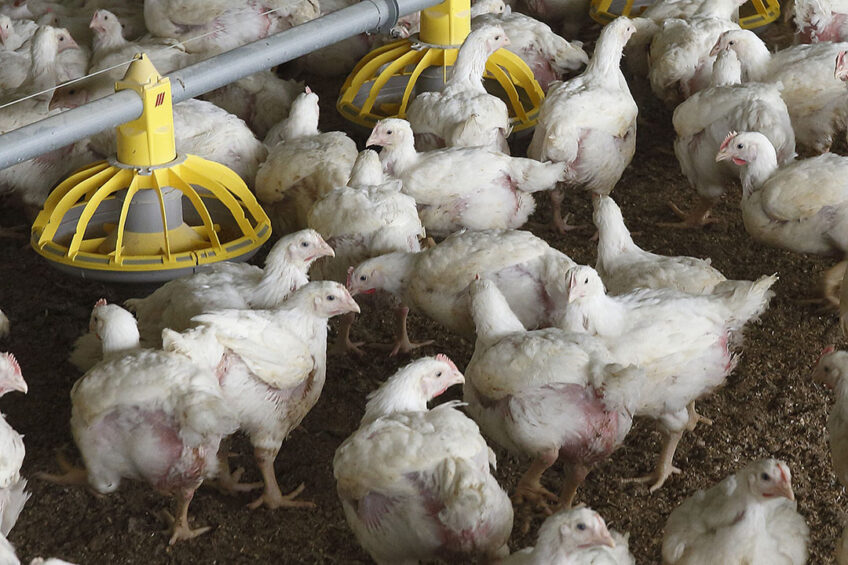Could the EU be on the brink of a phage paradigm shift?

We might be on the brink of a phage paradigm shift in the European Union. This was the view of various experts during an online webinar on 11 July organised by PhageEU, a coalition of stakeholders representing phages in industry, the scientific community and civil society.
A feed additive based on phage technology could be authorised by the European Commission in the near future, they agreed, adding that this would be a template for the development of ground-breaking phage products in poultry and other food-producing animals.
The webinar was an opportunity to discuss technical challenges to designing bacteriophage products, the regulatory hurdles in Europe for this new product category as well as to analyse the recent political debate in the EU institutions and the future outlook.
Antimicrobial resistance
Furthermore, phages are also being recognised as an alternative treatment to fight against antimicrobial resistance, reported Phage EU. The recent webinar offered an interesting discussion on how bacteriophages will be part of the framework to tackle challenges such as antimicrobial resistance and the EU One Health approach.
Hurdles to designing a phage cocktail
Dr Alison Low from The Roslin Institute at The University of Edinburgh presented scientific hurdles to designing a phage cocktail. She confirmed: “The selection of phage to target a specific infection can present a hurdle for phage therapy.” She added that researchers at The Roslin Institute are using a genomics-driven approach to predict active phage cocktails from the DNA sequence of the infecting bacterial strain.
A bacteriophage cocktail targeting Salmonella in poultry
Dr Elinor McCartney, technical director at Pen & Tec Consulting, presented a bacteriophage case study based on the registration process of Bafasal, a bacteriophage cocktail produced by Proteon Pharmaceuticals and used as a feed additive targeted at Salmonella in poultry. “We are at the brink of a phage paradigm shift in the EU,” says McCartney.
Following intense scrutiny from EFSA and EU member states, in early 2023, EFSA issued an opinion confirming Bafasal’s efficacy against Salmonella serotypes. While a few questions remain, according to McCartney, “once Bafasal is approved in the EU, there will be a template for the development of ground-breaking phage products in poultry and other food-producing animals, as well as many other serious bacterial pathogens in companion animals and humans.”
Phages in the political discussion
A growing interest in phage therapy among EU decision-makers was confirmed by Margareta Przybyla, EU public affairs advisor and Brussels representative of Phage EU. “While antimicrobial resistance and the One Health approach fight against climate change and the establishment of sustainable food subsystems have been recognised by all EU institutions as priority issues, there are growing opportunities to position phages in the political discussion and raise awareness about their potential,” said Przybyla.
Increasing awareness
In his closing remarks Professor Jarosław Dastych, CEO of Proteon Pharmaceuticals S.A. and founding member of PhageEU, underlined that when it comes to the authorisation, regulatory process and political debate, the main barrier is the acceptance and increasing awareness of phage technology.
Join 31,000+ subscribers
Subscribe to our newsletter to stay updated about all the need-to-know content in the poultry sector, three times a week. Beheer
Beheer











 WP Admin
WP Admin  Bewerk bericht
Bewerk bericht